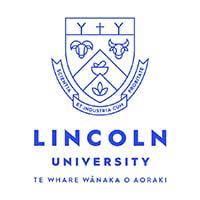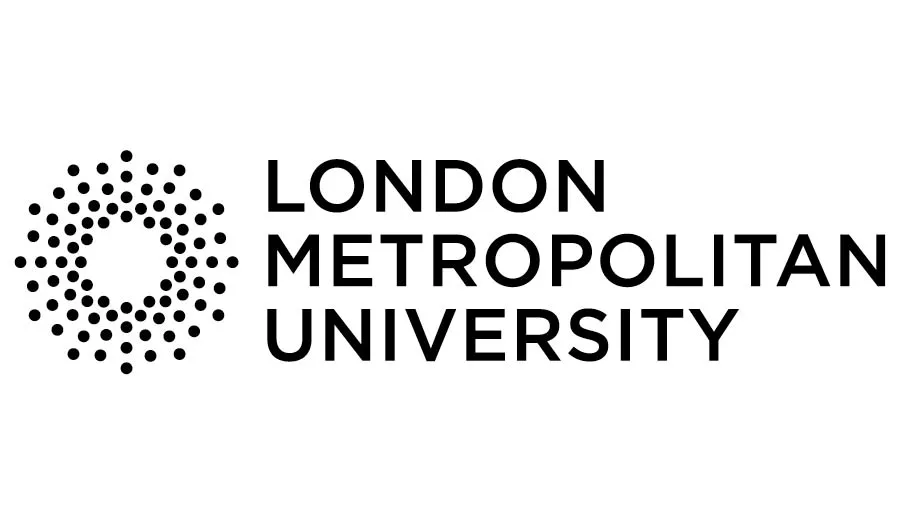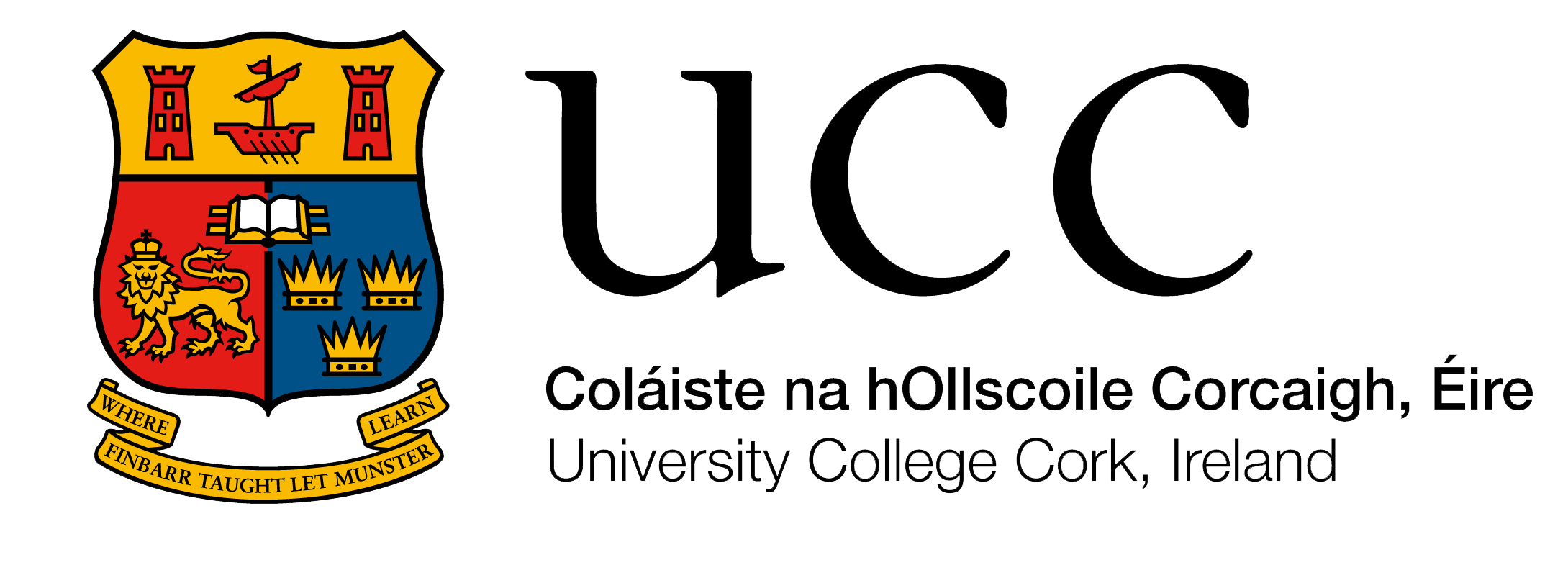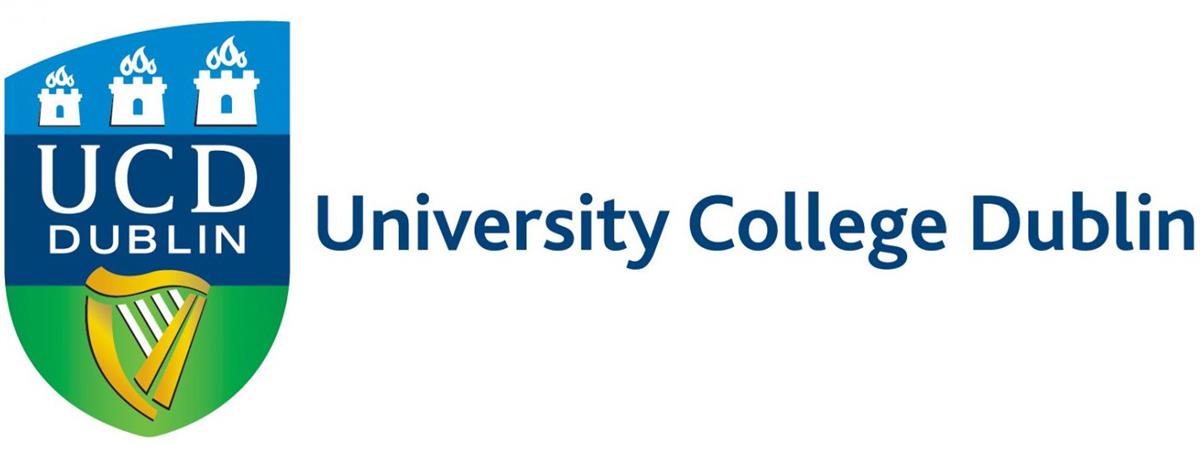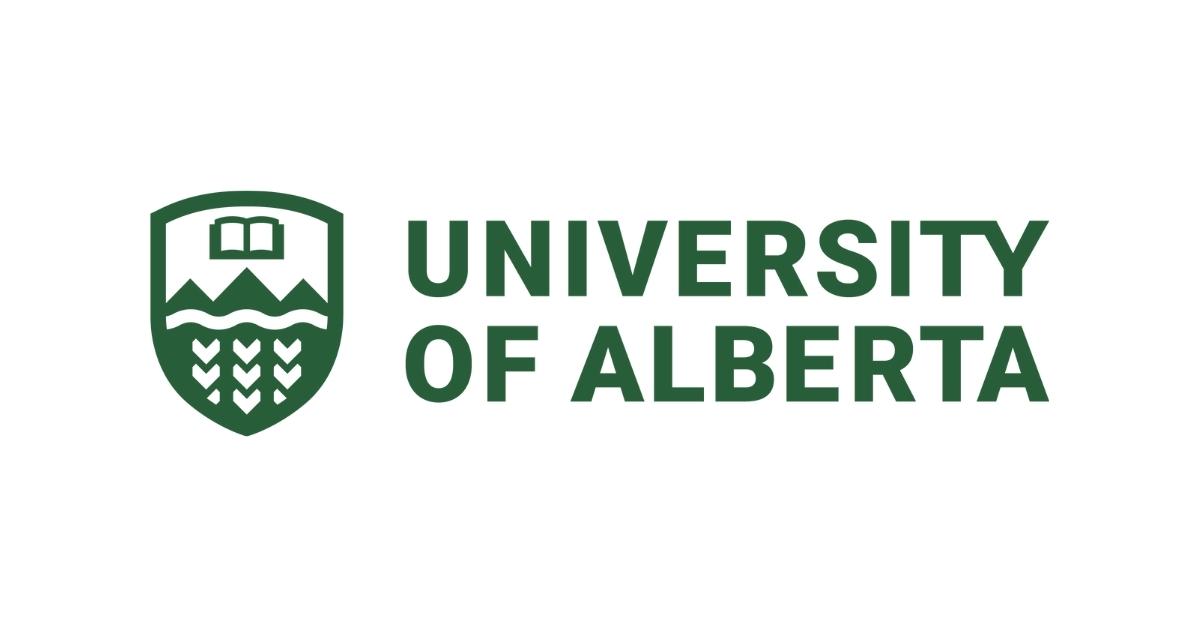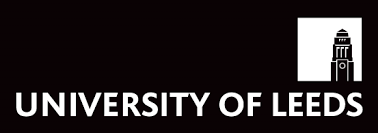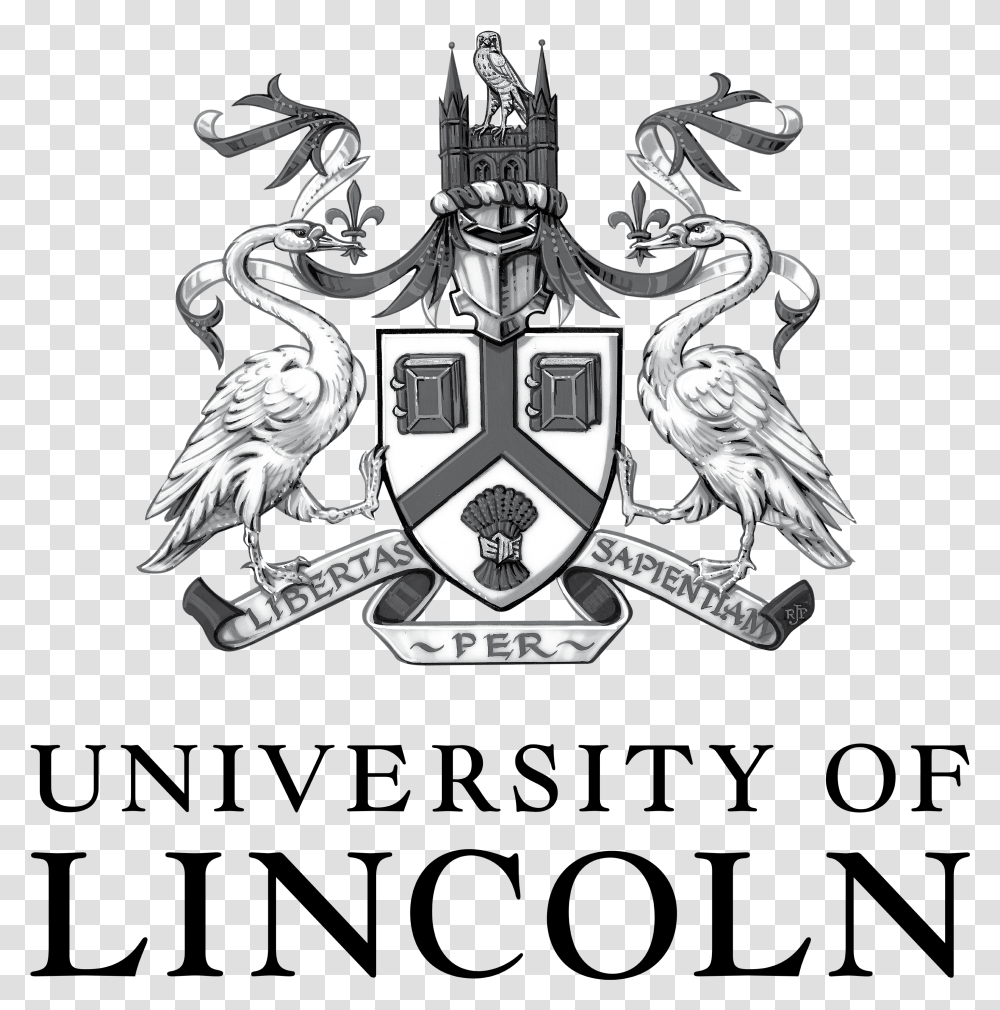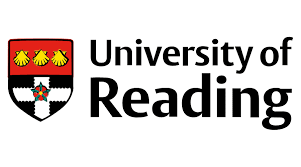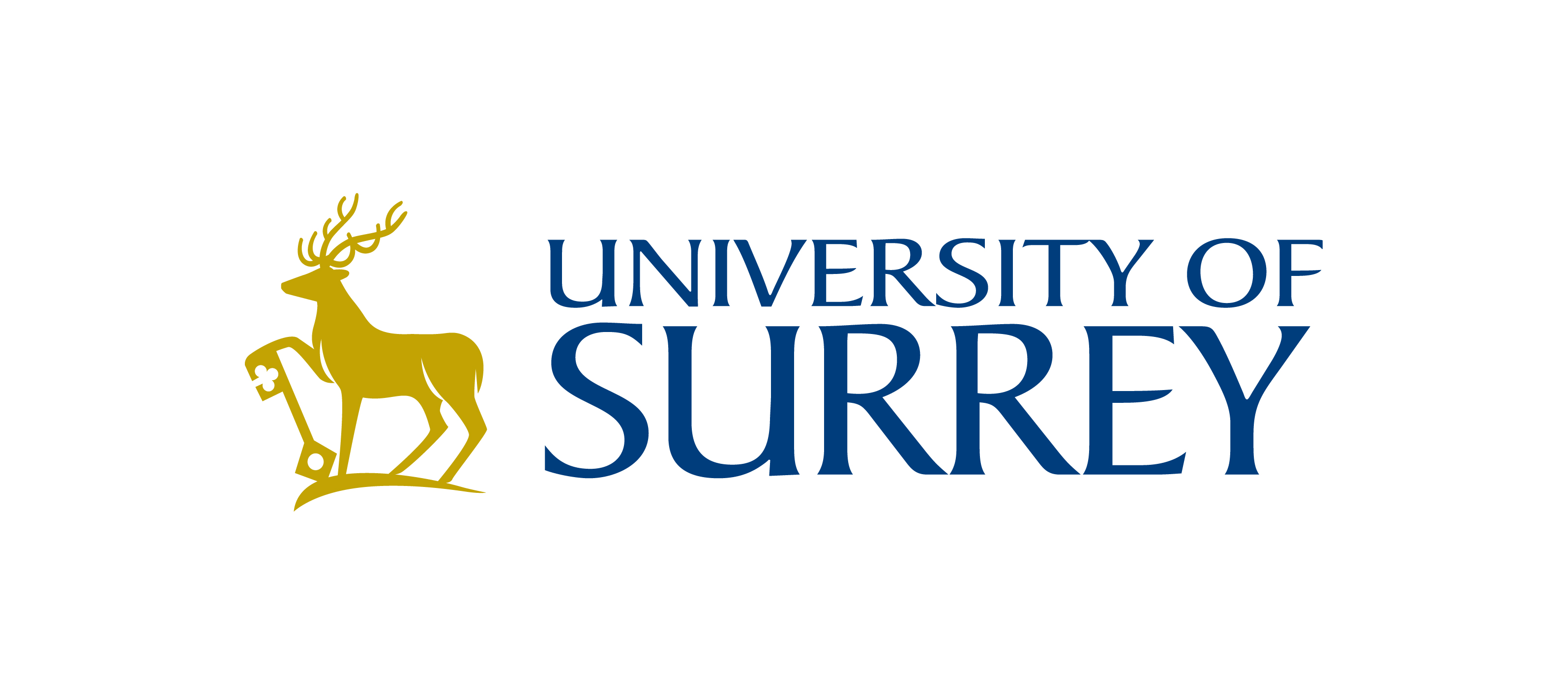Food Science: A Global Palate for Indian Students
Embark on a culinary adventure that transcends borders and transforms your understanding of food. Studying Food Science abroad offers Indian students a unique opportunity to delve into the intricate world of food production, safety, nutrition, and innovation, all while experiencing diverse global food cultures.
Food Science is a multidisciplinary field that applies principles from chemistry, biology, microbiology, biochemistry, and engineering to the study of food. It encompasses everything from the moment food is grown or produced to when it reaches your plate, ensuring it is safe, nutritious, and appealing. For Indian students, this field is particularly relevant, given India's rich culinary heritage and its growing food processing industry. A global perspective in Food Science can open doors to exciting career opportunities both internationally and back home.
Why Study Food Science Abroad?
Studying Food Science abroad provides several distinct advantages:
- Global Perspectives: Gain exposure to international food regulations, processing techniques, and consumer preferences. Understand how different cultures approach food safety and sustainability.
- Advanced Research Facilities: Access state-of-the-art laboratories and pilot plants equipped with the latest technologies for food analysis, product development, and quality control.
- Diverse Food Systems: Learn about various food supply chains, from farm-to-fork, in different geographical and economic contexts.
- Networking Opportunities: Connect with leading academics, researchers, and professionals in the global food industry, building a valuable network for future collaborations.
- Cultural Immersion: Experience new food cultures firsthand, broadening your understanding of global gastronomy and its scientific underpinnings.
What You Will Learn
A typical Food Science curriculum abroad is comprehensive and designed to equip students with a robust understanding of the field. Key areas of study often include:
Core Modules:
- Food Chemistry: Explore the chemical composition of food, including carbohydrates, proteins, fats, vitamins, and minerals, and how they interact during processing and storage.
- Food Microbiology: Understand the role of microorganisms in food spoilage, fermentation, and foodborne illnesses. Learn about methods for microbial control and food preservation.
- Food Processing and Engineering: Study the principles and technologies used to transform raw ingredients into finished food products, such as thermal processing, refrigeration, drying, and extrusion.
- Food Safety and Quality Management: Learn about Hazard Analysis and Critical Control Points (HACCP), Good Manufacturing Practices (GMP), and other quality assurance systems to ensure food safety.
- Food Analysis: Develop skills in analytical techniques used to determine the composition, quality, and safety of food products.
- Sensory Evaluation: Understand how human senses perceive food attributes and how sensory science is used in product development and quality control.
- Nutrition: Gain knowledge of human nutritional requirements, the role of food in health and disease, and the development of functional foods.
Specialization Areas (Vary by University):
- Product Development and Innovation
- Food Biotechnology
- Sustainable Food Systems
- Food Packaging
- Meat, Dairy, or Cereal Science
Career Opportunities
Graduates with a degree in Food Science are highly sought after in a wide range of industries globally. The skills and knowledge you acquire will prepare you for diverse and impactful roles:
| Career Path | Description |
|---|---|
| Food Technologist | Responsible for developing new food products, improving existing ones, and ensuring food safety and quality. |
| Quality Assurance/Control Manager | Ensures that food products meet safety and quality standards throughout the production process. |
| Product Development Scientist | Research and create new food products, often focusing on consumer trends and nutritional needs. |
| Food Safety Auditor | Inspects food processing facilities to ensure compliance with national and international food safety regulations. |
| Research and Development (R&D) Scientist | Conducts scientific research to understand food properties, develop new ingredients, or improve processing methods. |
| Regulatory Affairs Specialist | Ensures that food products comply with governmental regulations and labeling requirements. |
| Nutritionist/Dietitian (with further qualification) | Provides advice on diet and nutrition, often involved in developing healthy food products. |
| Supply Chain Manager | Manages the logistics of food production, from sourcing raw materials to distributing finished products. |
The global food industry is constantly evolving, driven by innovation, sustainability concerns, and changing consumer demands. A Food Science degree from an international institution will position you at the forefront of these developments, making you a valuable asset to multinational corporations, government agencies, research institutions, and even your own entrepreneurial ventures.
Consider this: the global population is growing, and with it, the demand for safe, nutritious, and sustainable food. Food scientists are crucial in addressing these challenges, from developing alternative protein sources to optimizing food waste reduction strategies. You could be part of the solution to global food security!
Entry Requirements for Indian Students
Entry requirements for Food Science programs abroad can vary depending on the university and the country. However, general requirements often include:
- Academic Transcripts: Strong academic performance in science subjects (Physics, Chemistry, Biology, Mathematics) from your 10+2 examinations.
- English Language Proficiency: Proof of English proficiency through tests like IELTS or TOEFL. A typical requirement might be an IELTS score of 6.0-6.5 or equivalent.
- Statement of Purpose (SOP): A well-written essay explaining your motivation for studying Food Science, your career aspirations, and why you chose a particular university or country.
- Letters of Recommendation (LORs): Academic references from your teachers or professors.
- Portfolio/CV: While not always mandatory, a CV highlighting any relevant projects, internships, or extracurricular activities can strengthen your application.
It is highly recommended to check the specific requirements of each university you are interested in applying to, as they can differ significantly.
Life as a Food Science Student Abroad
Studying Food Science abroad is not just about academics; it's a holistic experience that will broaden your horizons. You'll engage in hands-on practical sessions in well-equipped laboratories, participate in field trips to food processing plants, and collaborate on exciting research projects. Many universities also offer internship opportunities with leading food companies, providing invaluable real-world experience. Beyond academics, you'll have the chance to explore new cultures, make international friends, and develop essential life skills like independence, adaptability, and cross-cultural communication. Imagine exploring the local markets of a new city, discovering unique ingredients, and then applying your scientific knowledge to understand their properties and potential uses in the lab!
You might find yourself in a university kitchen, experimenting with fermentation techniques for traditional sourdough bread, or in a state-of-the-art facility using advanced spectroscopy to analyze the freshness of produce. The opportunities for practical learning are immense and truly bring the theoretical concepts to life.
Many programs also encourage participation in student societies related to food science, where you can further network, attend guest lectures, and even participate in food innovation competitions. These experiences not only enhance your resume but also provide a strong sense of community and belonging.
Studying Food Science abroad is an investment in your future, offering a blend of rigorous scientific education, cultural enrichment, and unparalleled career prospects. It's an opportunity to become a global citizen, equipped with the knowledge and skills to contribute to a sustainable and delicious future for all.
Get ready to taste the world and shape its food future!


